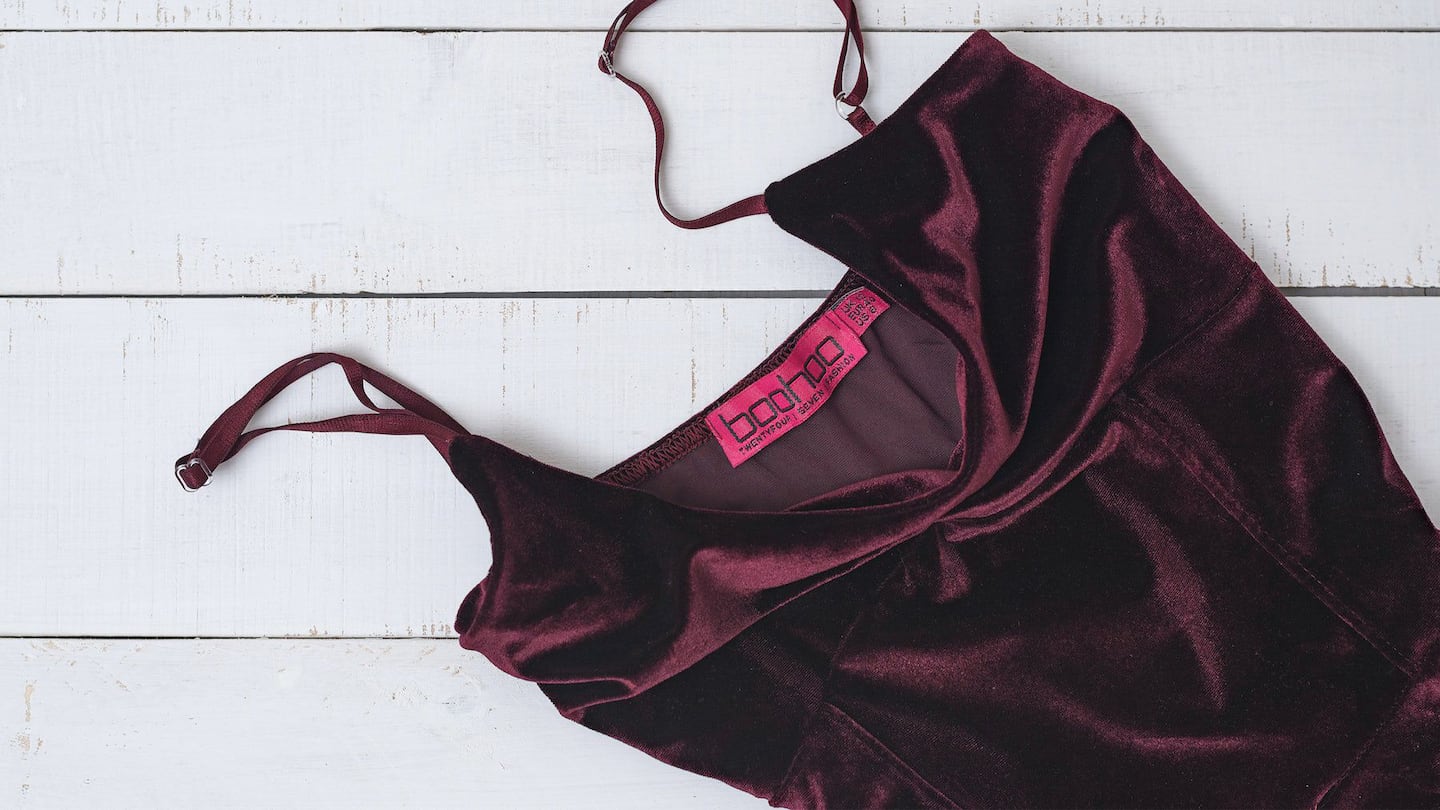
The Business of Fashion
Agenda-setting intelligence, analysis and advice for the global fashion community.

Agenda-setting intelligence, analysis and advice for the global fashion community.

Fast fashion retailer Boohoo has placed “Made in UK” labels on potentially thousands of its trendy t-shirts, trousers and jackets which have been produced in Pakistan and other countries in South Asia, the BBC reported.
The mislabelling occurred at Boohoo’s flagship Thurmaston Lane factory in Leicester, England last year, where workers removed original labels affecting one in every 250 garments.
A spokesperson for the retailer said the mislabelling was a result of human error and “an isolated incident which impacted less than 1 percent of the group’s global garments intake.”
The news comes at the heels of Boohoo considering the closure of its Leicester factory, which opened to great fanfare two years ago. The factory’s intention was to serve as a model for the retailer’s commitment to treating garment workers fairly.
ADVERTISEMENT
Learn more:
Boohoo Considers Closing UK Factory Set Up to Improve Workers’ Treatment
The fast fashion company Boohoo is considering closing a factory that it set up in Leicester as a model for its efforts to improve the treatment of workers making its clothing.
As the German sportswear giant taps surging demand for its Samba and Gazelle sneakers, it’s also taking steps to spread its bets ahead of peak interest.
A profitable, multi-trillion dollar fashion industry populated with brands that generate minimal economic and environmental waste is within our reach, argues Lawrence Lenihan.
RFID technology has made self-checkout far more efficient than traditional scanning kiosks at retailers like Zara and Uniqlo, but the industry at large hesitates to fully embrace the innovation over concerns of theft and customer engagement.
The company has continued to struggle with growing “at scale” and issued a warning in February that revenue may not start increasing again until the fourth quarter.